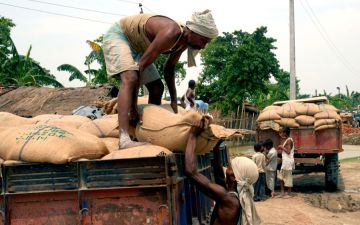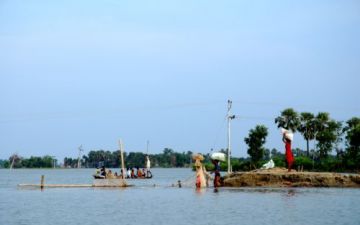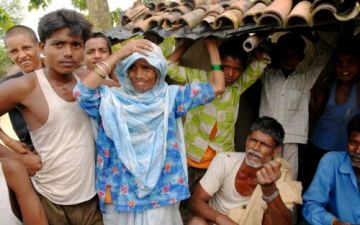Through the Forest, a Clearer View of the Needs of a People
In A Luoi Valley, Vietnam, Dioxin left from Agent Orange destroyed large swaths of ecosystem during the Vietnam War. While effects of Agent Orange remain pervasive, Phung Tuu Boi works to repair the forests by first addressing the needs of local tribes.
A LUOI VALLEY, Vietnam: Phung Tuu Boi reaches down to inspect one of the spiny shrubs lined up in a row before him. A few feet away, a cow grazes serenely in this emerald valley in the hills of central Vietnam.




